

4-01 Developing Diocesan Leaders – Room K
– Michael Brough and Jim Lundholm-Eades
(Invitation Only)
Best practices for having right people in the right place

4-02 Best Practices in Catholic School Governance for Pastors and Principals – Room 201
– Maria Ribera
(Invitation Only)
Why Catholic school governance matters and how to do it well. What can pastors and principals do to make governance work?

4-03 The Role of Doctrine in the Catechumenate – Room 206
– Mary Birmingham
Many of us ask how much doctrine is enough doctrine when it comes to preparing catechumens for full initiation in the Catholic Church. This session will explore what the Church means when the RCIA insists that catechists are to present “dogma in its entirety” (RCIA, p.75). Our Catholic Tradition is one of the greatest gifts we can pass on to our candidates for initiation and handing it down to them with a focus on conversion is not only an art, but a skill that must be honed and nurtured. We will explore what that means; we will also consider the content of doctrinal catechesis in the RCIA, and how and when to present it. (Worship)
4-04 How to Educate Students about Ending Human Trafficking – Room 204
– CNEHT Education Team
A hands-on workshop with opportunities to explore various curricula, multi-media resources with input and resources from educators, high school students and other educational program experts from the Bay Area. (Witness)

4-05 Don’t Let Your Parents Drop Off and Run: How to Engage Parents while Their Kids Are in Class – Room 203
– Paul Canavese
While the church teaches that parents are the primary educators of their own children, parents often don’t know where to start and need our help to learn how to do so. Parents face unique challenges raising their kids in the faith today, but rarely have the opportunity to explore them in a faith context. In The Joy of Love, Pope Francis has given us direction on how to engage parents and some of the key issues to explore with them. Find out how to lead parents in animated discussions and what we have learned leading parent groups while kids are in class. (Witness)

4-06 Witnessing to the Culture of Encounter: The Individual Call to Social Justice – Room 209
– Crystal Catalan
Pope Francis emphasizes the importance of cultivating a “culture of encounter,” a vision that is only possible if we recognize and affirm God’s presence with and within ourselves and others. This session will focus on our individual call to social justice and service by examining how we may be called to “step outside” and engage in new ministries, re-commit ourselves to current areas of service, or discover new spaces that we may be called to serve as witness. (Witness)
4-07 Planning a Christian Funeral – Room 210
– Catholic Cemeteries of the Diocese of San Jose
The Vigil, the Funeral Mass and the Committal each have distinct purposes in the journey toward healing and wholeness. When we experience the death of a loved one, we have rituals and prayers of our church to guide us. (Worship)

4-08 Alpha and the Evangelization in the Art of Accompaniment – Room 211
– Joshua Danis
In this workshop, we will explore new dynamics for engaging those both inside and outside our communities with a deeper connection to Jesus Christ. Full of humor and engaging stories, we will explore the simple but often counter-intuitive keys to really be ourselves, rely on the Holy Spirit, and develop deep relationships with others apart from judgment or expectation. (Witness)
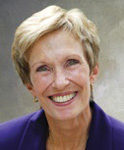
4-09 Catechists/Teachers and Parents as Partners – Room C
– Dr. Carole Eipers
The catechesis we offer in parishes and schools builds on the faith of the families we serve. How can we affirm parents’ role and work with them to enhance the faith of their children and their families? (Witness)

4-10 Loss – how do we respond when everything falls apart? An individual/ communal spirituality of accompaniment – Room 212
– Deacon David Ford and Lorie Ford
As ministers we often find those in our midst who experience painful and sometimes traumatic losses: these include death, divorce, deportation of a family member, broken relationships, serious illness and aging, loss of employment, etc. What do we do and say, and not do and not say? We can feel inadequate before such pain. Deacon David and Lorie will explore competent and compassionate responses as individuals and communities (schools, parishes, etc.) They will teach from their faith experience utilizing stories and Scriptures regarding many avenues of help and support and also teach from their own experience of personal loss.


4-11 Connecting Technology, Catholic Social Teaching, and Choral Singing – Great America Room 1
– Dr. Scot Hanna-Weir and Christopher Wemp
How do smartphones, mason jars, and choirs come together to make a new statement about justice? How might you be able to use consumer technology yourself to enhance communal reflections on social justice, both for your music ensembles and wider worshipping communities? In this worship, see a showcase on cutting edge projects that bring technology, Catholic Social Teaching, and choral singing together, and then develop your own plan for what you can do in your context with the resources you have available. (Worship)

4-12 Increase Your Parish Offertory and Engage Your Community – Room 202
– Rosa Kadera-Redmond
Helping your parishioners understand the magnitude of God’s great work in your parish can be frustrating. How do we show parishioners that we are building up God’s Kingdom in our community and encourage them to increase time, talent and treasure in support of this great work? This workshop will cover our simple, comprehensive program that has consistently helped parishes increase their offertory by 10-30%. (Witness)

4-13 How to Talk with Young People about God! – Room J+
– Bob McCarty, D.Min.
The call to discipleship is a response to the Word! This session will provide participants with practical skills on how to use symbols, analogy, and metaphors in developing God talk. These skills are applicable to home, classes, youth ministry settings, and in our conversations. Further, this session will identify spiritual practices, faith skills, and rituals that enable young people to ‘talk’ about God and faith and to live out their discipleship. (Word)

4-14 God Walks With Us: The Catholic Church’s Response to the Refugee Crisis – Room 205
– Ken Preston
Pope Francis has made a strong call for Catholics to respond to the refugee crisis. In this session, participants will learn the scope and causes of the refugee crisis abroad and at home, what the U.S. Catholic Church is doing to respond, and how U.S. Catholics can witness to and participate in supporting refugees. (Witness)

4-15 Preparing School Masses with Children – Great America Room 3
– Michael Ruzicki
This workshop will assist school teachers (and others) in teaching children the language of the liturgy by including them in the preparation of the Mass. Doing so will reinforce their Catholic identity by breaking open the Word, selecting music, preparing the liturgical environment, and serving in liturgical ministries. Participants will gain (or improve) the tools necessary for collaboration and communication while knowing they are doing the “right thing” liturgically. (Worship)
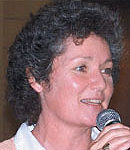
4-16 Hope is Contagious – How to Find Hope in Challenging Times – Great America Room 2
– Anna Scally
If you want to connect in a relevant way with young people in your ministry, challenge them to choose to live as a person of hope. Learn practical ways to help them move from surviving to thriving. Share ways that reveal that hope and trust result in real joy. Remind them that even in the worst situations God is always at work and that change is always possible, renewal is waiting and hope is never dead. In this workshop you will not only walk away with ways to connect with teens, but you will also be challenged, inspired and enjoy the soundtracks of your life and theirs. (Witness)





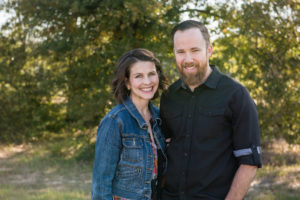

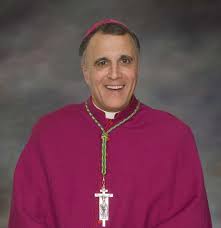
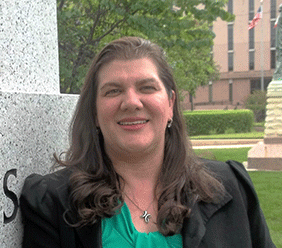
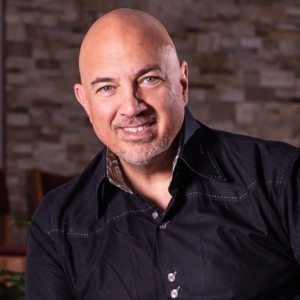
 Kimberly Kay Cox
Kimberly Kay Cox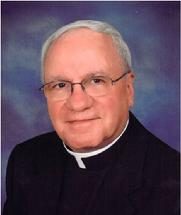






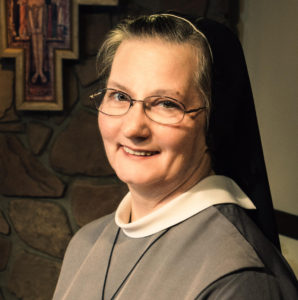
 Mark Mogilka
Mark Mogilka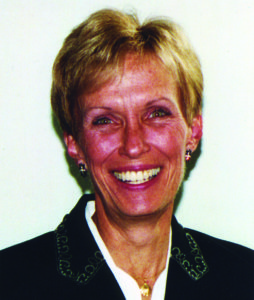




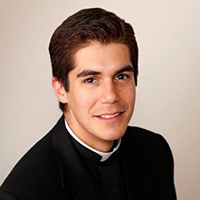
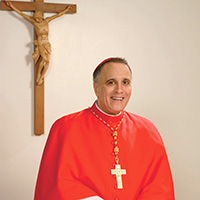






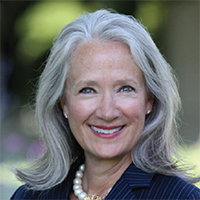

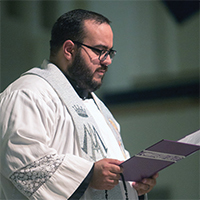
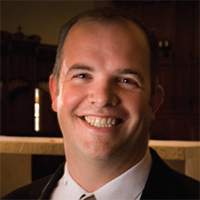


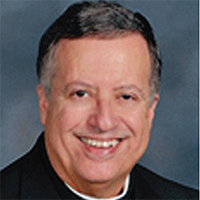

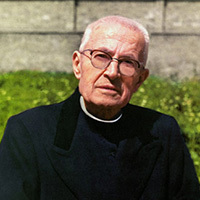

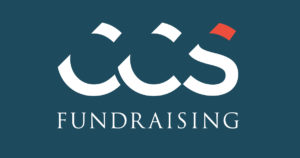
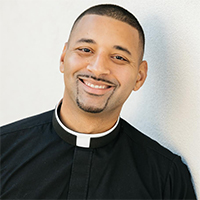

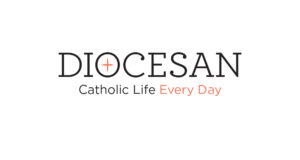


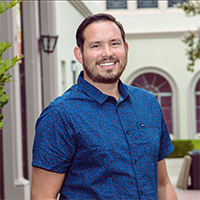
 Armando Cervantes
Armando Cervantes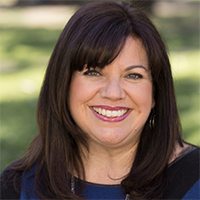 Anna Betancourt
Anna Betancourt
 Andrea Chavez-Kopp
Andrea Chavez-Kopp